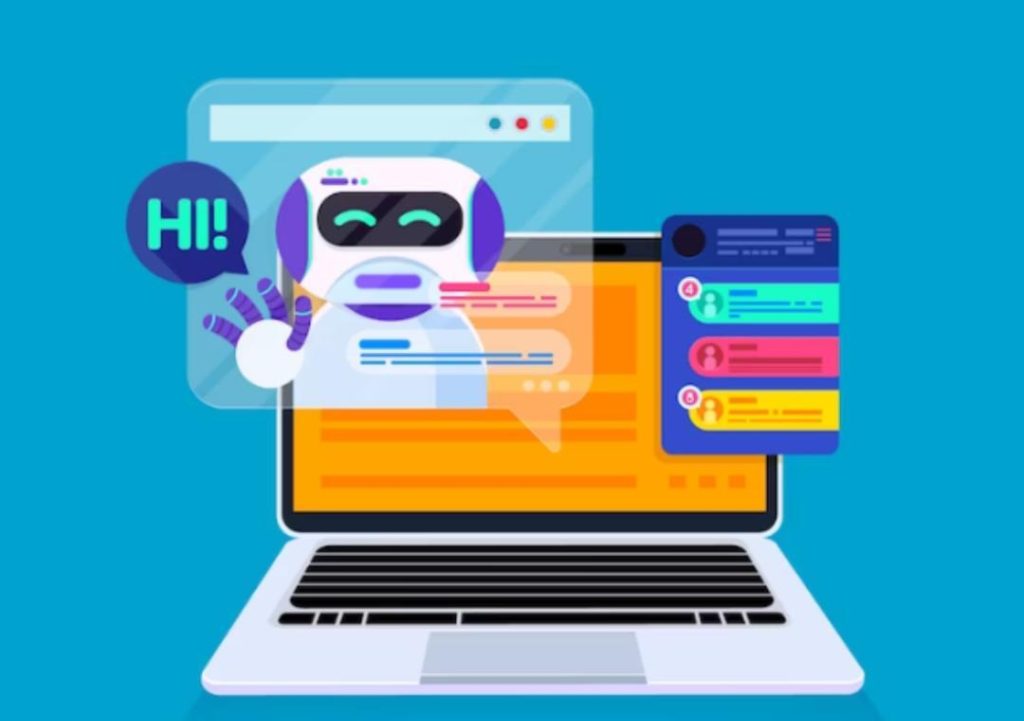
Virtual Assistants & Chatbots Power 24/7 eCommerce Support
The e-commerce landscape is constantly evolving, with consumers expecting a seamless and personalized shopping experience around the clock. To meet this demand, businesses are turning to artificial intelligence (AI) and machine learning (ML) to power their customer support. At the forefront of this revolution are virtual assistants and chatbots, which are transforming the way e-commerce companies interact with their customers.
The Rise of AI-Driven Chatbots
Chatbots have been around for a while, but advancements in natural language processing (NLP) and sentiment analysis have taken them to the next level. These AI-driven chatbots are no longer just limited to answering simple FAQs, but can now understand tone, urgency, and context, making the shopping experience feel human. With the ability to process and respond to customer inquiries in real-time, chatbots have become an essential tool for e-commerce businesses.
Benefits of 24/7 eCommerce Support
The benefits of having a 24/7 eCommerce support system powered by virtual assistants and chatbots are numerous. For one, it allows customers to access support whenever they need it, without having to wait for a human representative to become available. This is particularly important for e-commerce businesses that operate globally, where customers may be in different time zones.
Another significant advantage is the reduction in support tickets. Chatbots can quickly and accurately resolve common issues, such as order tracking and product information, freeing up human customer support agents to focus on more complex problems. This not only reduces the workload for customer support teams but also leads to faster resolutions and happier customers.
How Chatbots Are Being Used in eCommerce
Chatbots are being used in a variety of ways in e-commerce, from simple FAQs to complex customer service tasks. Here are a few examples:
- Order Tracking: Chatbots can help customers track their orders in real-time, providing updates on shipping and delivery status.
- Product Information: Chatbots can answer customer questions about products, such as sizing, pricing, and availability.
- Returns and Refunds: Chatbots can guide customers through the returns and refunds process, providing instructions and updates on their request.
- Payment and Order Issues: Chatbots can help resolve payment and order issues, such as canceling orders or addressing billing disputes.
- Product Recommendations: Chatbots can offer personalized product recommendations based on customer preferences and purchase history.
The Future of eCommerce Support
The future of eCommerce support is likely to be dominated by AI-driven chatbots and virtual assistants. As NLP and sentiment analysis continue to evolve, chatbots will become even more sophisticated, able to understand and respond to complex customer inquiries.
In addition, we can expect to see the integration of chatbots with other technologies, such as augmented reality (AR) and virtual reality (VR), to create immersive and interactive customer experiences.
Conclusion
The integration of virtual assistants and chatbots in eCommerce support is a game-changer for businesses looking to provide 24/7 customer support. With their ability to understand tone, urgency, and context, chatbots can deliver fast, accurate, and personalized responses to customer inquiries, making the shopping experience feel human.
As the technology continues to evolve, we can expect to see even more innovative applications of chatbots in eCommerce support, from personalized product recommendations to complex customer service tasks. For businesses, this means fewer support tickets, faster resolutions, and happier customers – a winning combination in the competitive world of e-commerce.
Source:





